Health IT Summit Recap

Our in-person event uncovered the latest developments in health IT and provided a space for attendees to network and join the discussion around the future of public health with federal leaders.
Government and industry speakers discussed pressing initiatives that have a real-world impact through topics such as electronic health records (EHR) modernization, health equity, data interoperability, data management and more.

Opening Fireside Chat: The New Public Health Data Strategy

The CDC is leading the first modernization plan for real-time public health guidance for enhanced data accessibility and interoperability in healthcare and public health ecosystems. Learn more about the strategy from Jennifer Layden, Director, Office of Public Health Data, Surveillance, and Technology, CDC, as she speaks to Amy Kluber, Editor-in-Chief, GovCIO Media & Research.

Modernizing the Electronic Health Record

Leaders behind the cross-government EHR rollout agree that creating a single, common health record to provide seamless care for patients will require a mindset shift and significant work. Hear more about EHR efforts from Ben Cushing, Chief Architect, Health & Life Sciences, Red Hat, Cmdr. Scott Miller, Director, Office of Health Services, NOAA and John Windom, Deputy Director, FEHRM.

Improving Cross-Agency Interoperability

The Trusted Exchange Framework and Common Agreement (TEFCA) was launched to establish a universal technical and legal baseline for information exchange and interoperability nationwide. Agencies and partners are making progress on TEFCA interoperability goals and the future of heath data interoperability. Learn more from Kathleen Featheringham, Vice President, Artificial Intelligence/Machine Learning, Maximus, Steven Posnack, Deputy National Coordinator for Health Information Technology, ONC, Alan Sim, Chief Data Officer, CDC and Ioana Singureanu, Technical Lead, Standards and Interoperability, VHA.

Cybersecurity Strategies Amid Evolving Threats in Health Care

Digital modernization is introducing new threats to public health. Health agencies are expanding their cyber incident response capabilities as threats evolve. Hear more about the work to combat threats from Amber Pearson, Executive Director of Information Security Policy, VA and Imani Tate, Director, Cybersecurity Compliance, MongoDB.

Views From the Top - Lightning Rounds

Federal health leaders are managing, evaluating and assessing their agencies’ IT resources to combat some of public health’s most formidable challenges. Learn more from John Holloway, Director, Office of Global Public Safety Communications Ecosystem Modernization, DOD, Susan Monarez, Deputy Director, ARPA-H. Xavier Soosai, CIO, Center for Information Technology, NIH and Mike Tartakovsky, CIO, NIAID

Flywheel Awards Presentation

The flywheel — a critical component in a machine to increase its momentum — is also a critical symbol representing our publication’s goal to keep federal IT decision-makers informed on technology’s impact on government. This momentum is what fuels the constant need for transformers to innovate in health IT and communicate evolving strategies in health equity, patient access and more across the ecosystem.

Protecting Patient Data

The Health Insurance Portability and Accountability Act (HIPAA) was developed to protect the privacy of patients and ensure patient data is appropriately secured, but policy can hinder the ability to quickly share information for improved health care delivery. Agencies are learning new ways to keep privacy in mind while enabling data-driven health care. Hear more from Elisabeth Meyers, Deputy Director, Office of Policy, ONC Ed Macko, Global Vice President & General Manager for Healthcare & Life Sciences, IBM, Vivian OTA WANG, Lead: Policy, Ethics and COVID Activities, Office of Data Science Strategy, NIH and Dr. John Scott, Acting Director, Data Management & Analytics, VHA.

Investing in Emerging Tech

There’s a lot of buzz around emerging technology like artificial intelligence and machine learning. Federal leaders are responsible for cutting through the noise to fund the projects that have the greatest impact on patient care and health service delivery. Learn more from Sanja Basaric, AI Program Lead, HHS, Josh Fessel, Senior Clinical Advisor, NCATS, NIH, Ian Komorowski, Acting Chief Consultant, Office of the Deputy Under Secretary of Health, VA and Arun Iyer, Field CTO/Principal Executive Architect, ServiceNow.

5 Takeaways From Federal Health Technology Leaders

Public health leaders working on the systems and strategies shaping the future of federal health technology broke down some of the efforts around data sharing, electronic health records, interoperability and cybersecurity at the Sept. 21 Health IT Summit in Bethesda, Maryland.

This is a carousel with manually rotating slides. Use Next and Previous buttons to navigate . Swipe on mobile.
-
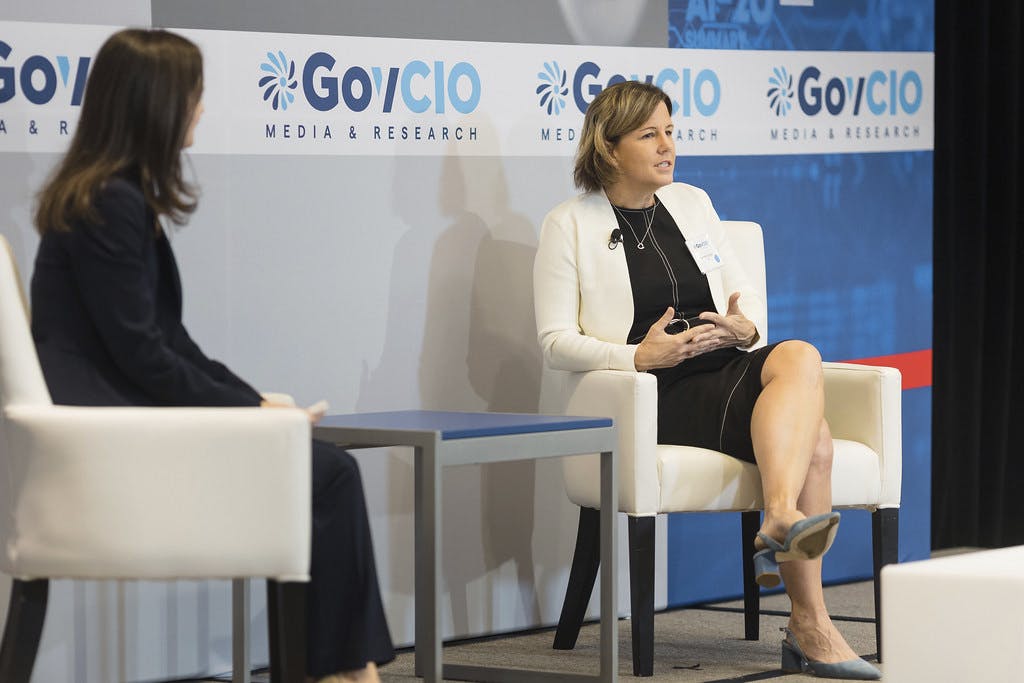
CDC's 2-Year Data Plan Eyes End-of-Year Milestones
The agency's new data and technology office's director is harnessing challenges for new opportunities in public health.
7m read -
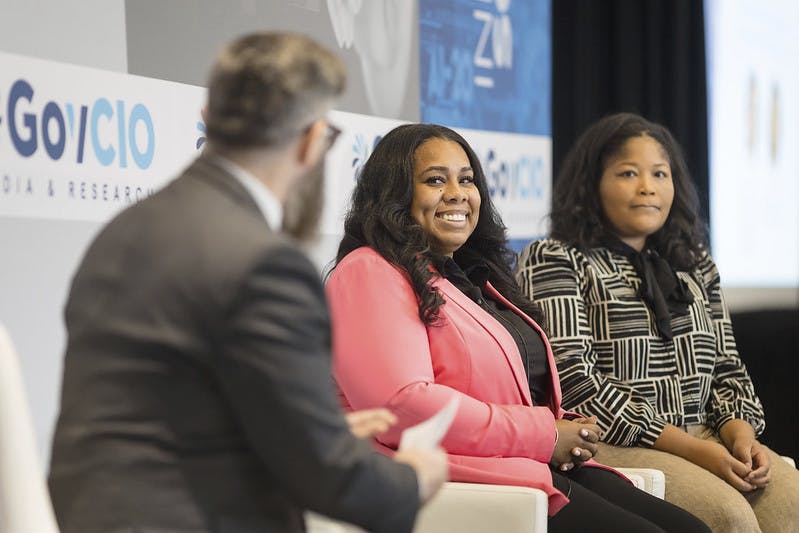
Health Care Cybersecurity Will Need to Keep Pace with Innovation to Combat Threats
Public and private cybersecurity executives spoke about the ways agencies and industry alike are increasing cybersecurity efforts to protect health care data.
7m read -
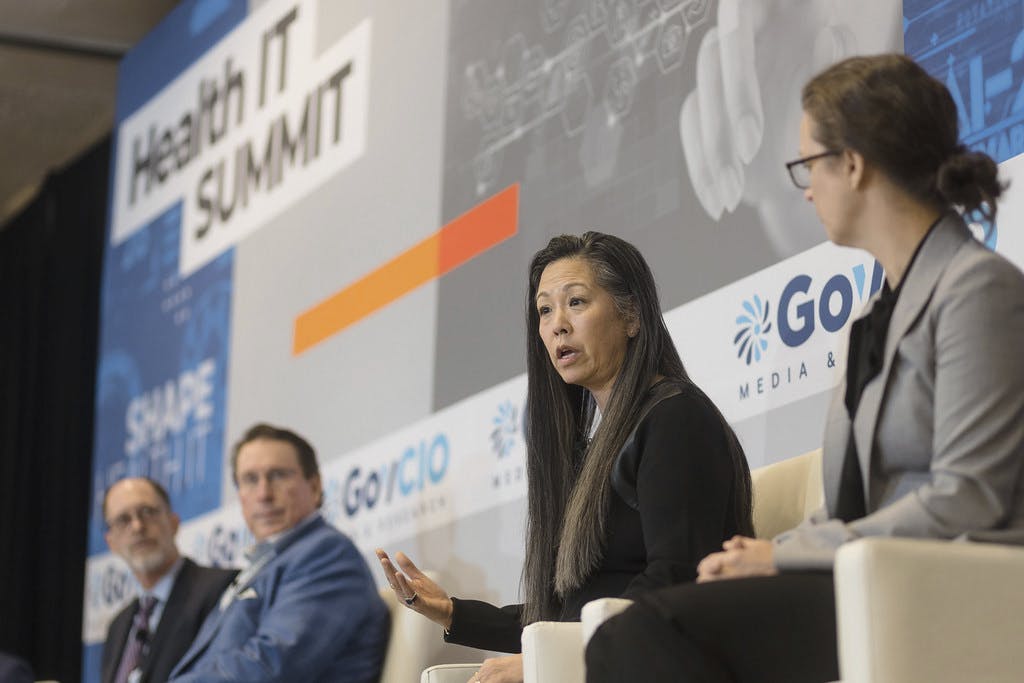
Agencies Explore Policy Barriers, Synthetic Data to Maintain Health Care Privacy
Policy changes and synthetic data could play a key role in eliminating risks while improving data access and security.
7m read -
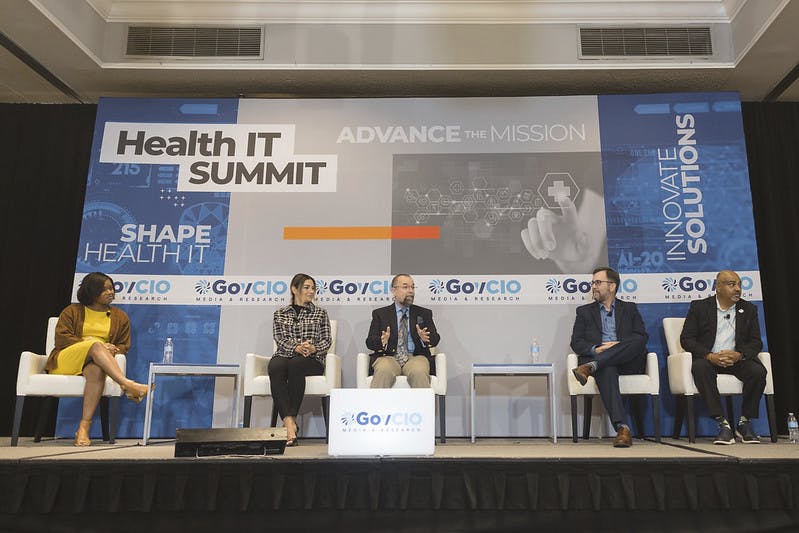
Health IT Leads Talk AI Adoption Amid Challenges
Officials say the technology is poised to transform health care with the right investment.
7m read -
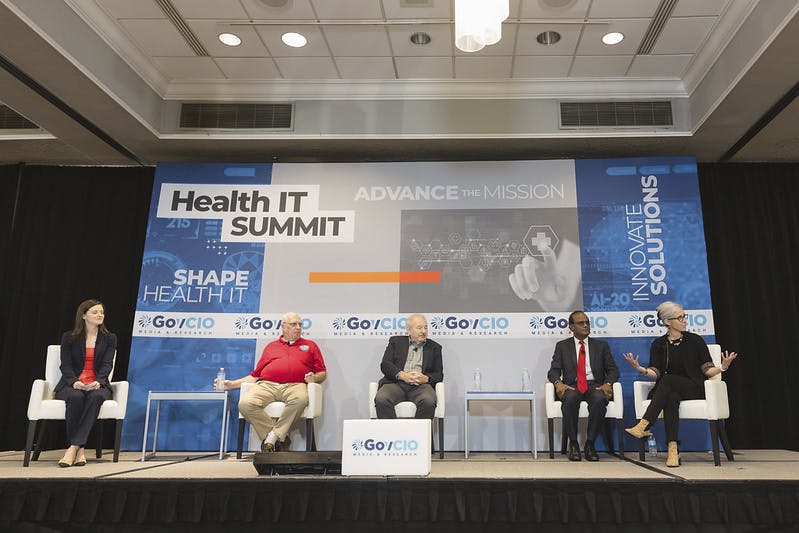
Snapshots in Public Health: ARPA-H Data Fabric, Computing for Research, NextGen911
Federal leaders highlight developments and infrastructure advancements impacting health innovation.
7m read -
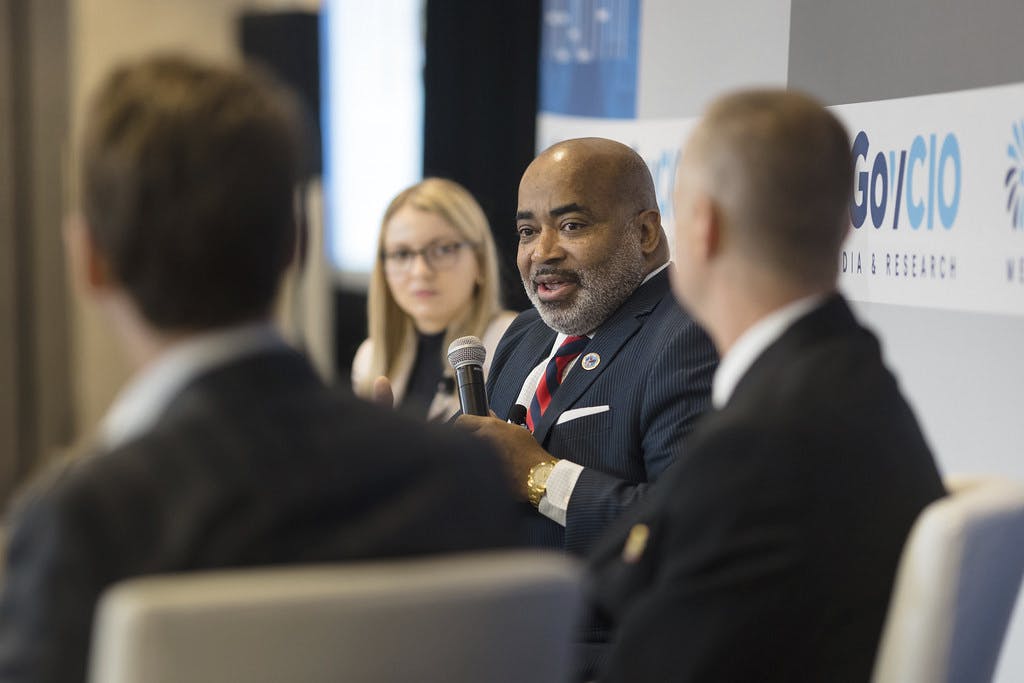
Successful EHR Implementation Hinges on Change Management
Federal leaders working on the VA, DOD electronic health records reflect on managing through change.
7m read -
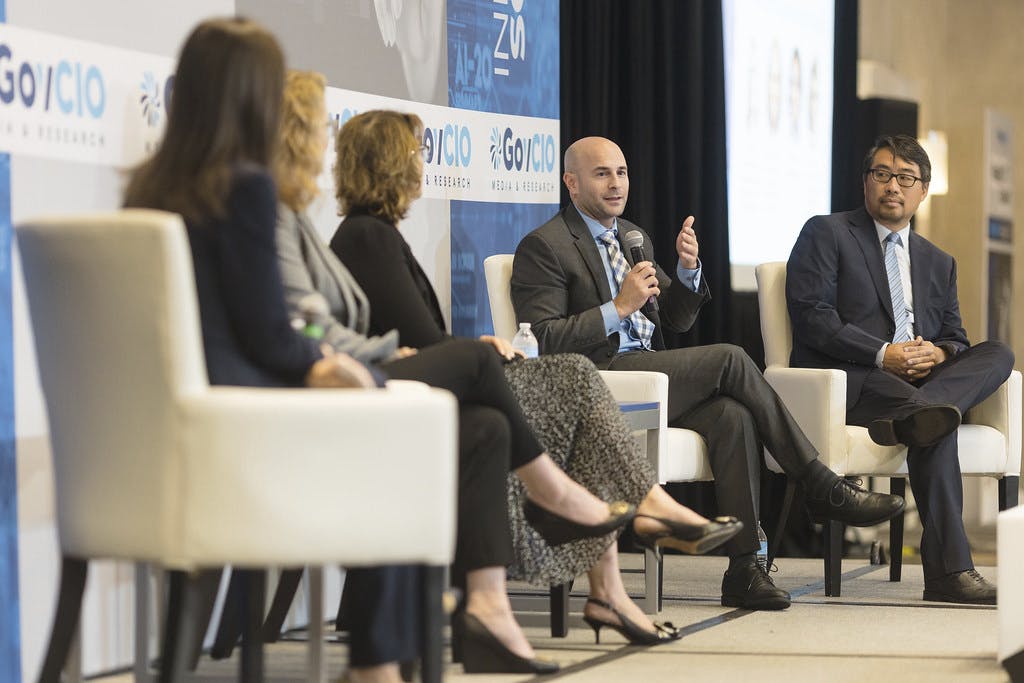
TEFCA Puts Agencies on Path to Improve Overall Public Health
The data framework provides agencies with a universal platform to make data sharing more efficient.
7m read







































